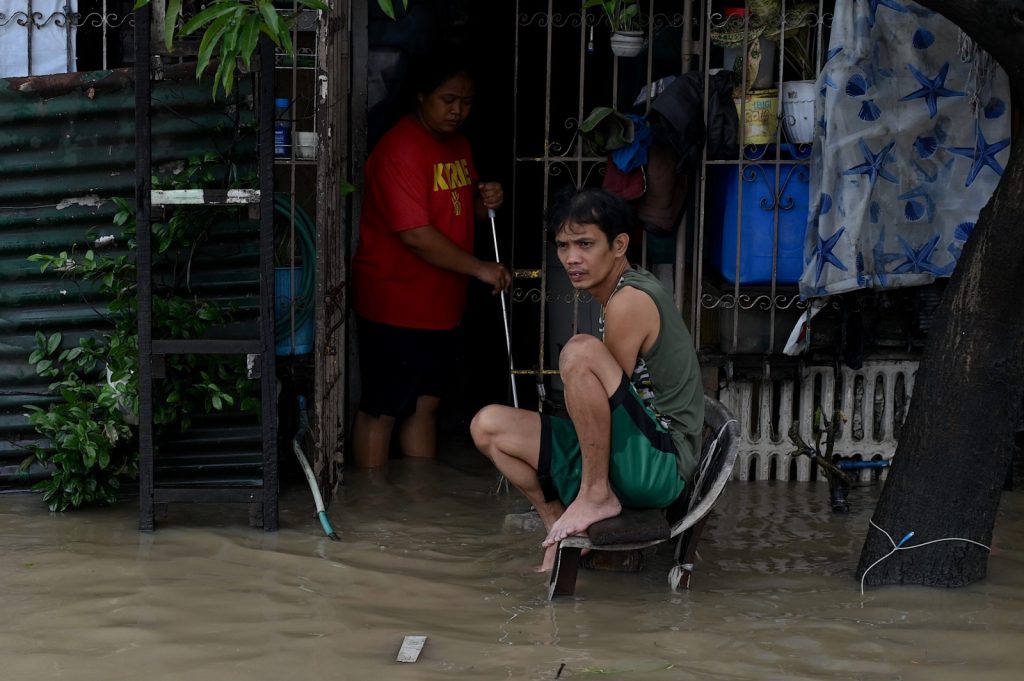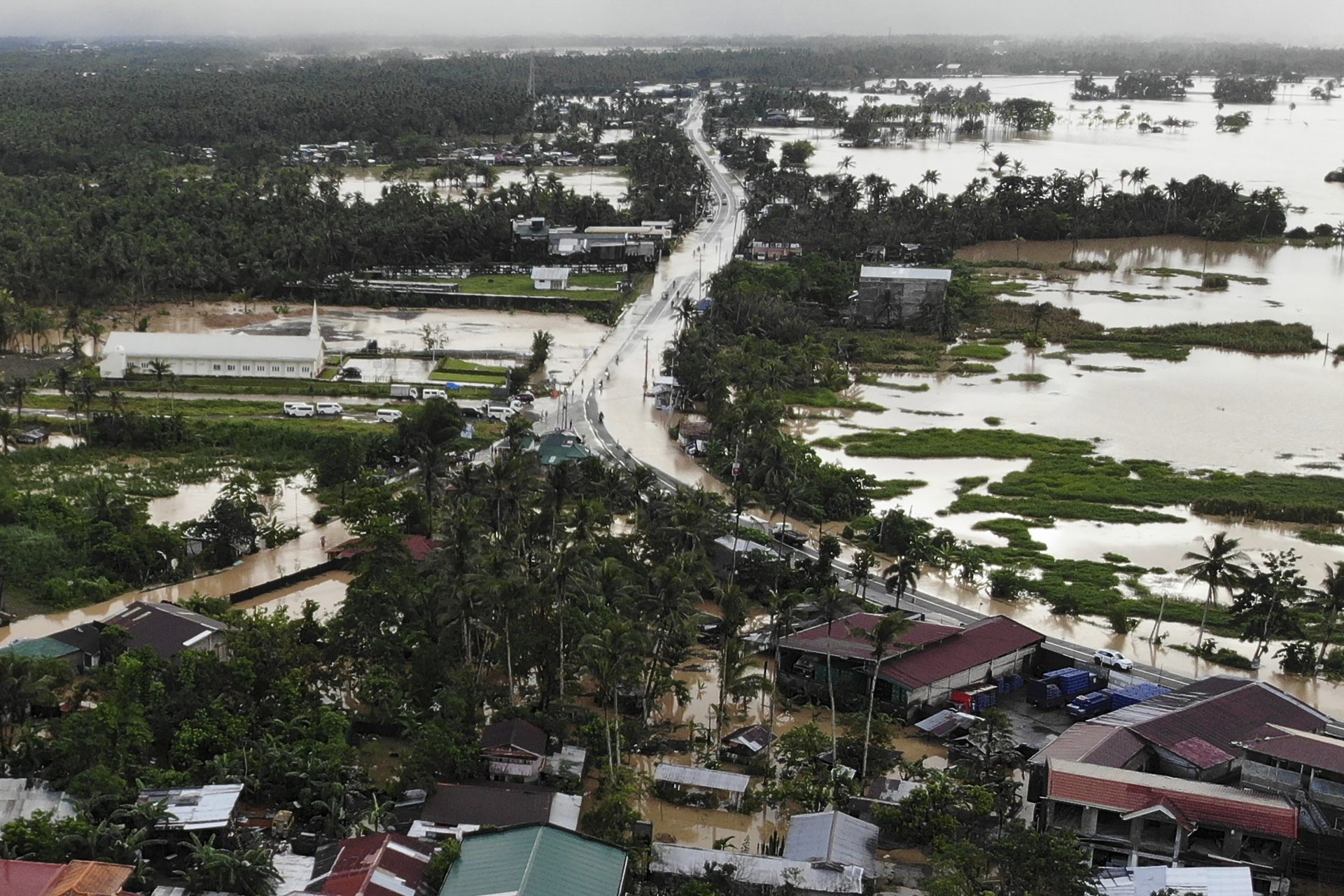The Philippine office of development group Oxfam called on the global community this week for “better support” for countries that are “extremely climate-vulnerable” and are not prepared for disasters.
The call came following the onslaught of severe tropical storm “Paeng” (international name: Nalgae), which affected 2.2 million Filipinos and displaced about half a million over the weekend.
More than a hundred people had already been reported dead while more than 60 are still missing, according to media reports.
Oxfam said the numbers, including damage to property and agriculture, are expected to go up as reports come in during the next few days.
An Oxfam report released this week noted that the Philippines, like many other Asian countries, “ranks really high in terms of climate vulnerability and really low when it comes to climate readiness.”
The report is titled “Climate Finance in Asia: Assessing the state of climate finance in one of the world’s most climate vulnerable regions.”
Oxfam Pilipinas country director Lot Felizco said that every time the country is hit by extreme weather events such as Nalgae, “we have to deal with further loss, making it even harder to be ready for the climate crisis.”
Felizco said the Philippines and other climate-vulnerable countries in Asia continue to grapple with the problem of having to face the effects of a climate emergency that more developed countries have caused and benefited from.
“This is why we are calling for better and sufficient climate finance that would allow countries like the Philippines to adequately face the effects of climate change,” she said.
The Philippines ranked 10th among the 18 Asian countries (excluding Singapore, Korea and Japan) in terms of vulnerability and preparedness to climate change.

The ranking, based on the Notre-Dame Global Adaptation Initiative Index, also shows the Philippines ranking 113 globally out of 182 countries for 2020. This means it is highly vulnerable but is not as prepared as countries like Singapore or Japan, which rank 6th and 19th respectively.
Felizco said there is “much to be done” so that countries like the Philippines can catch up with others.
“Climate finance and support from players who contribute the most to climate change are important in correcting injustice and saving the lives of millions of people, especially those in the poorest communities and in marginalized groups,” she said.
The Climate Finance in Asia report showed that while Asian countries have seen an annual 28 percent rise in climate finance to US$20.5 billion in 2020, this increase hides problems that are being mirrored across the world and are likely to cause tensions at the UN climate summit in Egypt later this month.
The report is the first to analyze climate finance flows worth US$113 billion between 2013-2020 in 18 countries across Asia.







